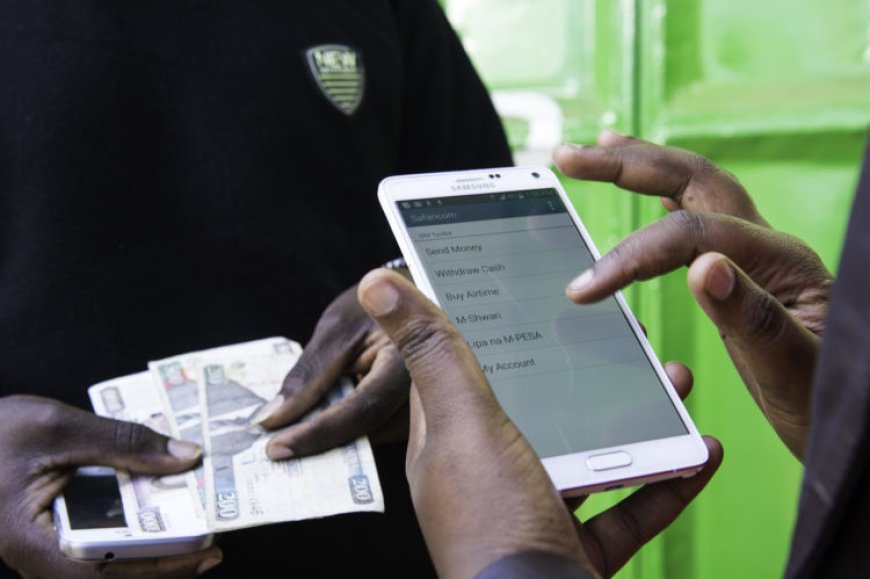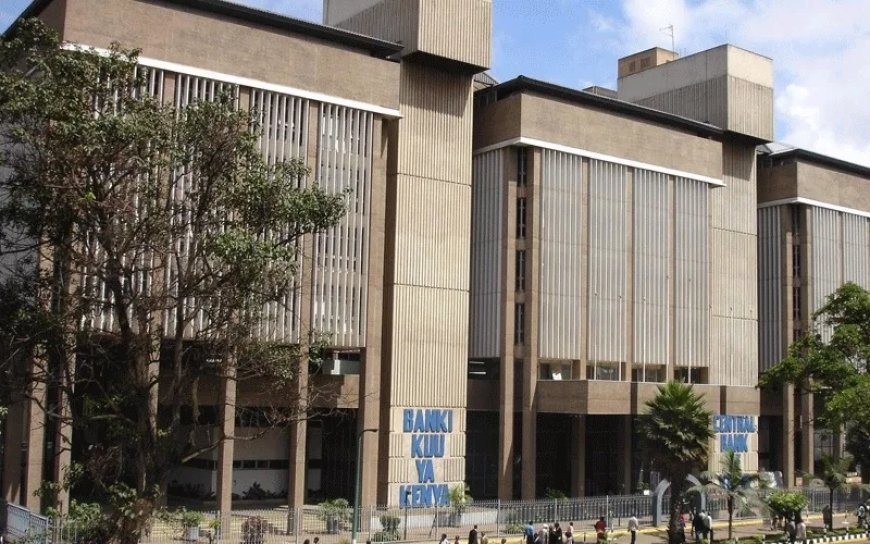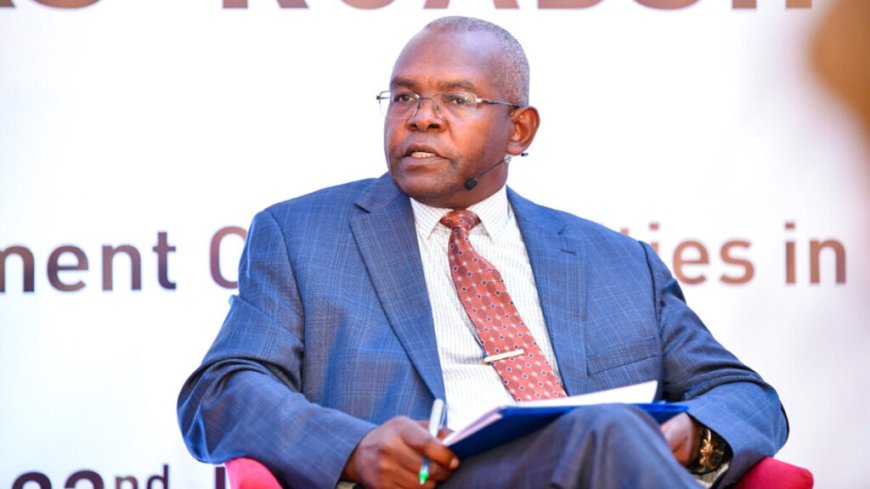Why Kenyans Will Get Cheaper Loans After CBK's Latest Move
The move came following a meeting of the Monetary Policy Committee (MPC) held the same day.

Kenyans will keep enjoying lower borrowing costs after the Central Bank of Kenya (CBK) announced another cut in lending rates on Wednesday, October 7.
The CBK reduced the Central Bank Rate (CBR) — the rate it charges commercial banks — by 25 basis points, bringing it down from 9.50% to 9.25%. The move came following a meeting of the Monetary Policy Committee (MPC) held the same day.
"The Monetary Policy Committee (MPC) decided to lower the Central Bank Rate (CBR) by 25 basis points to 9.25 per cent from 9.50 per cent, during its meeting held on October 7, 2025," read part of the resolutions of the MPC.
The Central Bank of Kenya’s (CBK) decision to cut the Central Bank Rate (CBR) from 9.50% to 9.25% is good news for borrowers, but it also signals broader shifts in the economy.

Central Bank of Kenya (CBK) building in Nairobi. /FILE
The CBR determines how much commercial banks pay when borrowing from the CBK. When this rate goes down, banks can access money more cheaply — and in turn, they’re expected to lower the interest rates they charge customers. This means Kenyans with existing loans or those planning to borrow for personal, business, or mortgage purposes could soon enjoy slightly lower repayment costs.
For small businesses and entrepreneurs, this reduction could help ease pressure on operating expenses, encourage expansion, and boost cash flow. Cheaper credit also tends to stimulate investment and consumer spending, which can help drive economic growth.
On a larger scale, this rate cut hints that the CBK believes inflation is under control or declining, allowing it to shift focus toward growth. By making borrowing more affordable, the central bank hopes to keep money circulating in the economy, supporting recovery in sectors like manufacturing, trade, and real estate.
However, there’s a flip side; the impact might not be immediate or uniform. Some commercial banks may delay adjusting their lending rates or maintain higher costs due to risk concerns and liquidity management. Additionally, while cheaper credit supports growth, it can also fuel inflation if demand rises too fast.
For ordinary Kenyans, this move won’t magically make life cheaper overnight — but it could make financing school fees, car loans, or business expansion a bit easier in the coming months.
In essence, CBK’s rate cut is a cautious signal: the economy is stable enough to encourage borrowing and investment, but the central bank is still keeping an eye on inflation and global market shifts.
Meanwhile, Kenya’s overall inflation rose slightly to 4.6% in September 2025 from 4.5% in August but remained well within the Central Bank’s target range of 5±2.5%. According to the CBK, core inflation — which excludes volatile food and fuel prices — dropped to 2.9% from 3.0% in August, largely due to lower prices of processed foods such as maize flour.
However, non-core inflation climbed to 9.6% from 9.2%, mainly driven by higher vegetable prices, particularly tomatoes, carrots, onions, and cabbage. ''Overall inflation is expected to remain below the midpoint of the target range in the near term, supported by stable energy prices, and continued exchange rate stability,'' CBK said.
The CBK noted that inflation is expected to stay below the midpoint of the target range in the short term, supported by stable energy costs and a steady exchange rate.
The regulator expressed confidence that prices of key food crops, especially maize, along with fuel prices, will remain stable. It added that continued exchange rate stability will help sustain manageable inflation levels.
This outlook, CBK said, is backed by improved agricultural production from favorable weather, a stable macroeconomic environment with low inflation and interest rates, and the strong performance of sectors such as tourism and the digital economy — all factors expected to keep price pressures under control.







